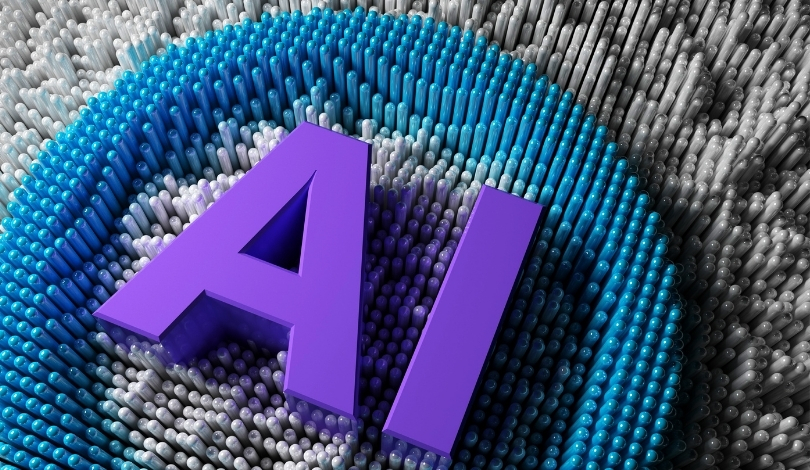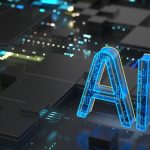OpenAI is quietly advancing its presence on Wall Street by recruiting financial professionals to build AI capable of automating junior-level banking tasks. This strategic move reflects a broader shift within the finance industry as leading investment banks strive for increased efficiency. As financial technology develops, companies across the sector are seeking ways to streamline routine responsibilities, highlighting the persistent pressure on early-career bankers. Many finance professionals are watching closely, recognizing that these AI initiatives could reconfigure entry pathways and reshape job requirements for new hires.
Reports from previous months focused on experimentation with generative AI by major banks but gave little detail about involvement from former industry insiders. Earlier discussions often mentioned trials at Morgan Stanley and Goldman Sachs with systems like ChatGPT or AI copilots for document preparation, yet did not confirm the scale of expert recruitment by AI firms. The current information about Project Mercury and its network of over 100 ex-bankers signals a notable escalation in formal collaboration between financial experts and tech developers, surpassing the initial pilot projects of recent years.
How Is OpenAI Structuring Project Mercury?
OpenAI’s Project Mercury centers on employing former analysts and associates from firms such as JPMorgan Chase, Morgan Stanley, and Goldman Sachs. These contractors are asked to generate financial models and contribute industry-specific insights to AI development, reportedly earning about $150 per hour. Applicants are screened through a process involving interviews with an AI chatbot as well as assessments of financial knowledge and modeling skills. The company described the intent of this initiative as follows:
We regularly work with various experts to improve and evaluate the capability of our models across different domains.
Such collaborations are coordinated via third-party suppliers, ensuring experts are compensated while maintaining operational flexibility for OpenAI.
What Role Does AI Play at Major Banks?
Financial institutions are ramping up internal adoption of AI technologies to overhaul operational processes. Goldman Sachs is piloting its GS AI Assistant and testing software engineers powered by AI, while JPMorgan Chase has invested approximately $2 billion annually to develop similar automation efforts. Bank leadership at JPMorgan indicated that these changes will allow for slower workforce expansion, stating:
Due to A.I.’s productivity tailwinds, the bank will constrain people’s headcount growth.
Meanwhile, other AI players like Anthropic and Cohere are targeting the financial sector with offerings tailored to the unique demands of institutional clients.
How Are Job Prospects for Junior Bankers Shifting?
The adoption of AI to handle the more repetitive aspects of investment banking is causing concern among those entering the industry. Academic research has identified declines in entry-level employment rates in fields exposed to AI since 2022, with reductions impacting workers aged 22 to 25. Both Goldman Sachs and JPMorgan Chase have publicly outlined plans to slow or reduce hiring for certain roles, explicitly attributing these moves to technological advances within their organizations. Prospective employees are now asked to adapt to new criteria, where digital literacy and familiarity with AI tools may become as essential as traditional finance skills.
Industry observers note that while automation has been a topic of discussion for years, the involvement of firms such as OpenAI in developing finance-specific AI marks a turning point. As OpenAI, Anthropic, Cohere, and xAI compete for financial sector expertise, the implications for the workforce, especially at the entry level, become clearer. Talent pipelines, skill requirements, and the division of labor within major banks are all evolving, prompting fresh debates about the preparation needed for graduates and young professionals. Those considering a career in finance may wish to focus on acquiring data analysis, coding, and AI-oriented competencies alongside more traditional banking knowledge.










